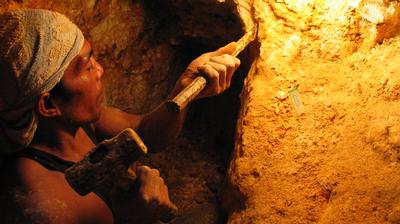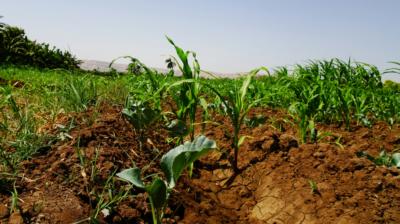Shadow Value Chains: Tracing the link between corruption, illicit activity and lootable natural resources from West Africa
How to cite this publication:
Åse Gilje Østensen, Mats Stridsman (2017). Shadow Value Chains: Tracing the link between corruption, illicit activity and lootable natural resources from West Africa. Bergen: Chr. Michelsen Institute (U4 Issue 2017:7)
Illicit natural resource trade continues to benefit corrupt officials, criminal and terrorist networks and to divert resources away from development, security and the common good in West Africa. How are Liberian timber, Sierra Leonean diamonds, Malian gold and Nigerian oil traded outside, and intertwined with, legal value chains before ending up in what is often legal consumer markets? By collating recent knowledge of the ‘shadow value chains’ of these resources, this paper seeks to explore if and how illegally traded natural resources sponsor other types of illicit activity, such as organized crime and terrorism. Furthermore, how are these activities facilitated by corruption in the different cases? The paper gives a number of recommendations. The perhaps most important one is that in order to improve interventions, in-depth understanding of local power relations and incentive structures in these individual shadow value chains is crucial. Such knowledge should be paired with increased attention to how international actors and networks facilitate and accommodate illegitimate private gains stemming from lootable West African natural resources.







